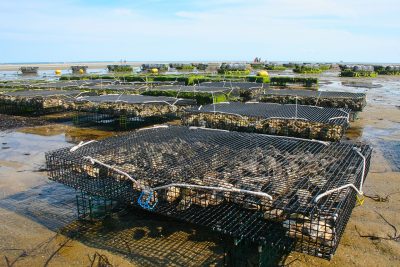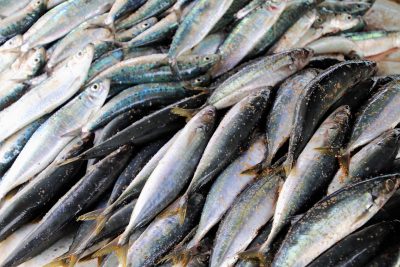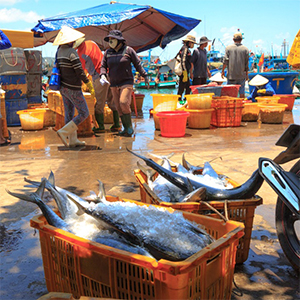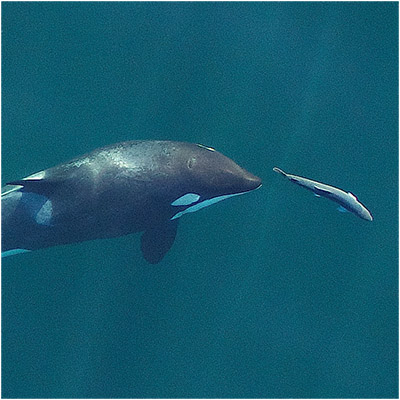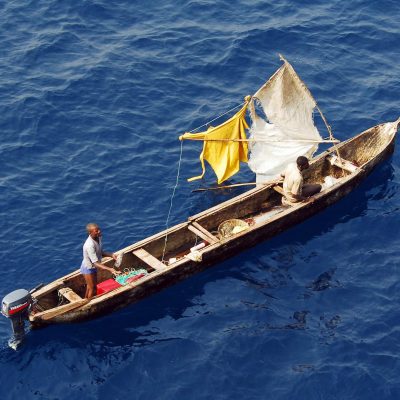IOF’s Solving FCB unit is hosting two side events at UN Ocean Conference
Solving FCB will host two side events – one for the public and one for UNOC participants – in Nice, France on June 11 & 12, 2025
Sumaila-Volvo Graduate Prize in Environmental Sustainability winners announced
Congratulations to Verena Rossa-Roccor (IRES) and Aleah Wong (IOF), winners of the 2025 Sumaila-Volvo Graduate Prize in Environmental Sustainability.
Visiting fellows selected for inaugural cohort of Africa-UBC Oceans and Fisheries Program
The Program is extremely pleased to announce the selection of its inaugural laureates: Dr. Cynthia A. Adinortey (Ghana) and Dr. Antony Otinga Oteng’o (Kenya).
Can aquaculture help create a sustainable planet?
Properly done, aquaculture has the potential to produce food for millions of people, conserve and restore ecosystems and replenish endangered wild fish stocks.
PEEC 2024 sees students engage with Indigenous history, science and conservation
At PEEC 2024, IOF students presented and explored Pacific ecology and evolution research and learned about Indigenous history and conservation efforts along the Pacific Northwest.
Climate change will have an adverse impact on trophic amplification in marine food webs
Climate-driven changes in ocean environmental conditions — ocean warming, deoxygenation and acidification — are projected to affect the physiological functions of marine organisms, their geographic distributions, biological life cycles and total biomass.
New Working Paper: A rich analysis of the economic, social and environmental effects of harmful fisheries at the ecosystem level
The effects of harmful fisheries subsidies in three marine ecosystems, chosen for their importance in terms of food security, size and diversity; and three different management scenarios are examined.
Southern resident killer whales not getting enough to eat since 2018
The animals have been in an energy deficit, averaged across spring, summer and fall, for six of the last 40 years.
UBC-led team to find out how to feed the world while protecting nature with new grant
An international team led by UBC researchers will study five case studies across five continents to model a range of solutions to an urgent question: how can we feed everyone on Earth, and those to come, sustainably?
Protecting 30 per cent of the ocean by 2030 would barely impact fisheries
Sea Around Us presents a multi-objective solution that could lead to the protection of 89% of the ocean’s Representative Biodiversity Areas and 89% of threatened species or about 860 species, all while maintaining access to fishing grounds that provide 89% of the global catch.



